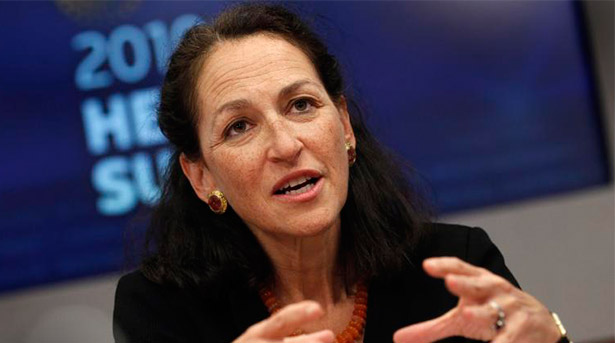
FDA Commissioner Retires, Vaping Regulation In Uncertain Hands
Food and Drug Administration Commissioner Margaret Hamburg is stepping down this week — a retirement she announced at the beginning of February and the end to a 6-year tenure in the position. Presumably, she never intended to stay in the position for so long and she now ranks as one of the nation’s longest tenures in the position.
Hamburg has been a modernizing factor at the FDA, focusing on cutting out some of the more significant constraints that prevent the agency from acting quickly and efficiently. In 2014, for instance, the FDA approved 51 new drugs — the most in a single year for nearly 20 years. But one of her biggest fights has been over regulation of electronic cigarettes and vapor products.
She has generally fallen on the side against supporting the market and the current FDA regulations proposal being kicked around for the industry is largely credited to her efforts. Among other things, it would see the all electronic cigarette and vapor products undergo extensive and expensive approval processes. This more than anything else could hand the industry (and all its profits) to tobacco giants and slow all progress and innovation within to a practical standstill.
You can read more thoroughly on her time as commissioner here and more particularly on her efforts regarding vaping regulation here.
Many public health experts and anti-smoking advocates have already said that her exit is no excuse for delays or changes in planned regulation of the industry. Despite these claims, though, the debate is still largely in limbo. The FDA is having a difficult time striking a balance between intelligent regulation of a promising industry and simply throwing up barriers to slow it down so they can catch up.
Based largely on technology, electronic cigarettes and vapor products exist on an innovation curve the FDA is not used to or capable of dealing with. Tobacco cigarettes have hardly changed in decades. The same can be said of most approved pharmaceuticals. But electronic cigarettes and vapor products are upgraded and improved upon yearly, monthly, and sometimes weekly.
This could ultimately be a set back for those seeking major controls against the industry. We will certainly be watching.
